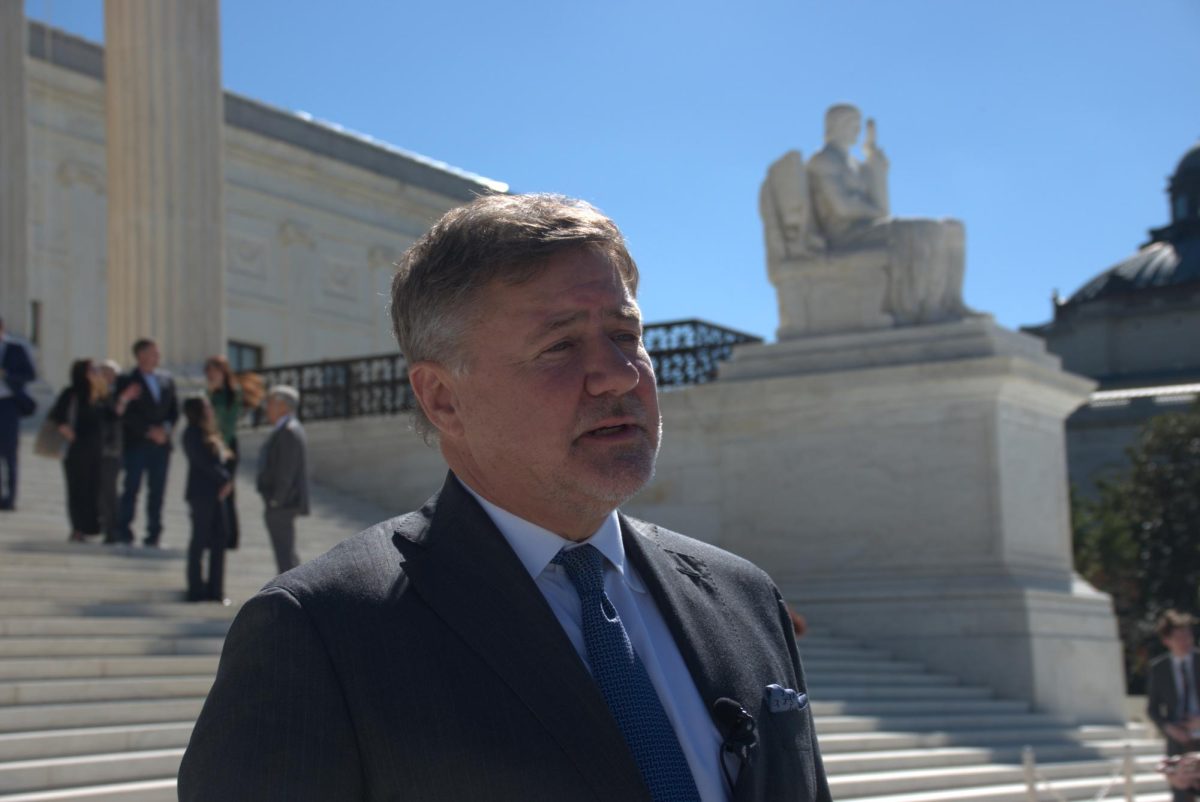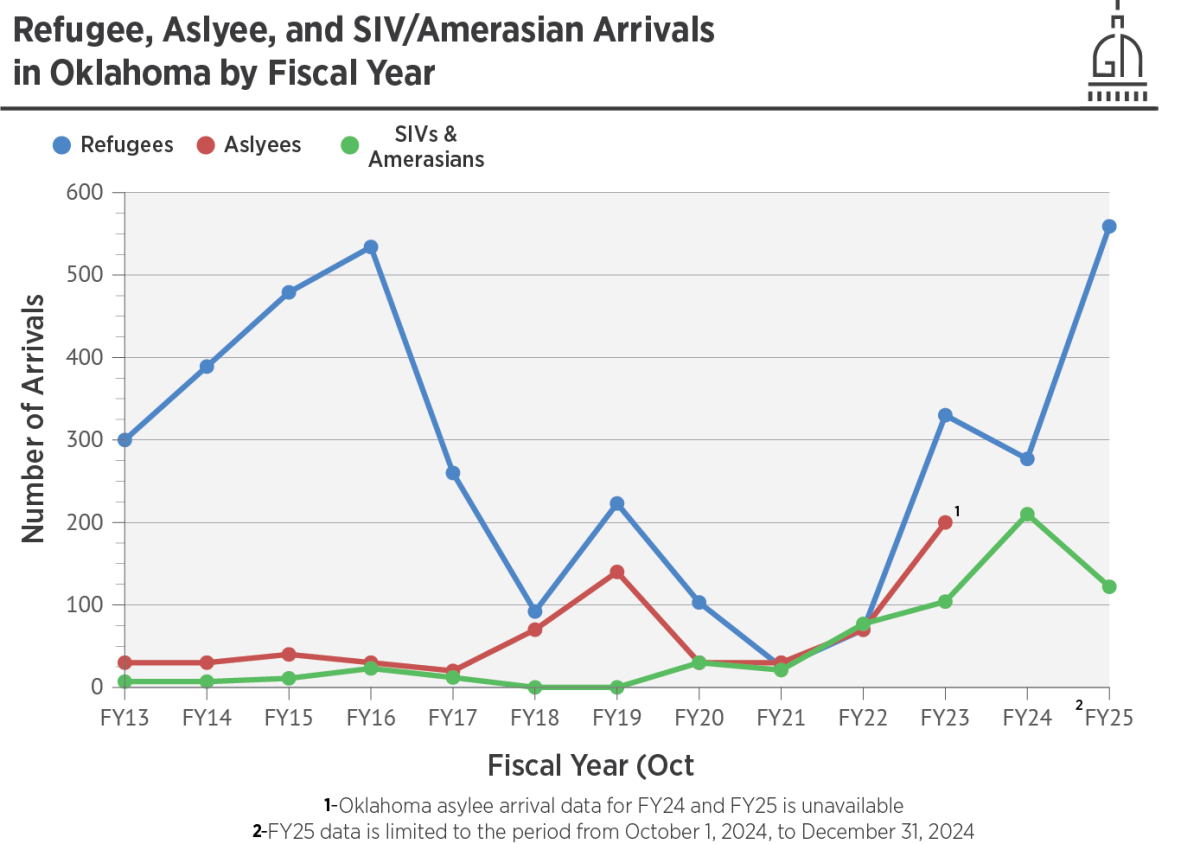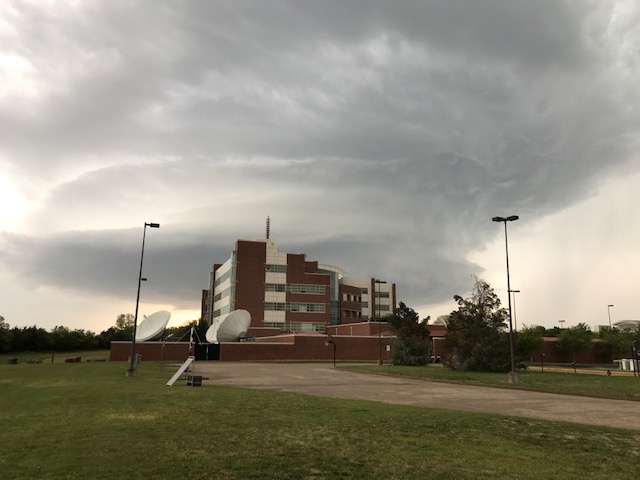WASHINGTON – Supreme Court justices appear keen to rule in favor of a new trial for Richard Glossip after oral arguments over due process violations by Oklahoma County prosecutors.
Oklahoma Attorney General Gentner Drummond said he believes the court will rule in favor of vacating Glossips’ conviction and ordering a new trial.
“I think in the end, when you look at the substantive failures to disclose, that it leaves no option but to remand this matter back to the state court in Oklahoma City,” Drummond said.
Drummond said he expects a 5-3 ruling in favor of a new trial for Glossip.
“I think if Mr. Glossip is retried he would be found guilty of a crime,” Drummond said. “The question is, would it rise to the level of the death penalty and I honestly don’t think so. I think he will be convicted, what he is convicted of will be up to the jury, at a minimum accessory after the fact.”
To date, Glossip has faced nine execution dates and eaten three last meals, but each execution has been halted for a variety of reasons. He is currently requesting a new trial after reports found prosecutorial errors during his trial.
Glossip was convicted, in 1998, of hiring Justin Sneed to murder Barry Van Treese in 1997.
There is no argument that Van Treese was bludgeoned to death by Sneed in a motel room at the Best Budget Inn in Oklahoma City that Van Treese owned. Sneed was employed as a maintenance worker at the motel and Glossip was employed as a manager.
The issue is whether Glossip paid him $10,000 to murder Van Treese. Sneed testified that Glossip did in exchange for avoiding the death penalty.
Throughout the arguments, the Justices seemed to be in relative agreement that there were violations of due process.
Christopher George Michel, who was appointed by the court to argue for Glossip’s conviction, argued that while Sneed, who testified against Glossip, may have provided false testimony, it would not have changed the outcome of the trial.
“False is false,” Justice Elena Kagan said in response. “If he’s lying, if he’s trying to cover up something about his own behavior, I’m going to take that into account in deciding whether, when he accuses the defendant, he’s telling the truth.”
The court was asked to rule on two issues. The substantive issue is whether the state violated due process of law by suppressing and failing to correct Sneed’s admission that he was undergoing psychiatric care and had been diagnosed with bipolar disorder.
Two previous Supreme Court decisions could have been violated by prosecutors in Glossip’s prosecution. Brady v. Maryland held that due process is violated when the prosecution suppresses material or favorable evidence. Napue v. Illinois held that the prosecution violates due process of law when it knowingly offers or fails to correct misleading testimony.
Glossip had attempted to argue the Brady and Napue violations to the Oklahoma Court of Criminal Appeals. But the Oklahoma criminal appeals court rejected Glossip’s claim of Brady violations on the grounds that his counsel “knew or should have known” about Sneed’s mental health treatment.
The criminal appeals court also rejected the Napue issue because the defense counsel “was aware or should have been aware that Sneed was taking lithium.”
The court was also asked to determine if the Oklahoma Court of Criminal Appeals’ decision that the Oklahoma Post-Conviction Procedure Act made post-conviction relief impossible for Glossip was an adequate and independent state-law basis for their decision to deny Glossip’s appeal.
In April 2023, Drummond filed a motion to vacate Glossip’s sentence after a report he requested identified errors that cast doubt on Glossip’s conviction.
While Drummond conceded the prosecution made errors, he did not say he believes Glossip is innocent. Nonetheless, he supports a new trial for Glossip.
“After thorough and serious deliberation, I have concluded that I cannot stand behind the murder and conviction and death sentence of Richard Glossip,” Drummond said following the release of the report. “ I do not believe justice is served by executing a man based on the testimony of a compromised witness.”
In 2021, a bipartisan group of Oklahoma state legislators commissioned the law firm of Reed Smith to investigate the case and publish a report. The report was released in 2022 and identified misconduct and errors that infected Glossip’s conviction.
“Fundamental concerns and new information revealed by this investigation cast grave doubt as to the integrity of Glossip’s murder conviction and death sentence,” the report by Reed Smith said.
Justice Neil Gorsuch was not present during the arguments after recusing himself due to his involvement in the case during one of Glossip’s earlier appeals.
Kevin Eagleson is reporting from Gaylord News’ Washington bureau this fall as part of an OU Daily scholarship.
Gaylord News is a reporting project of the University of Oklahoma Gaylord College of Journalism and Mass Communication. For more stories by Gaylord News go to GaylordNews.net







